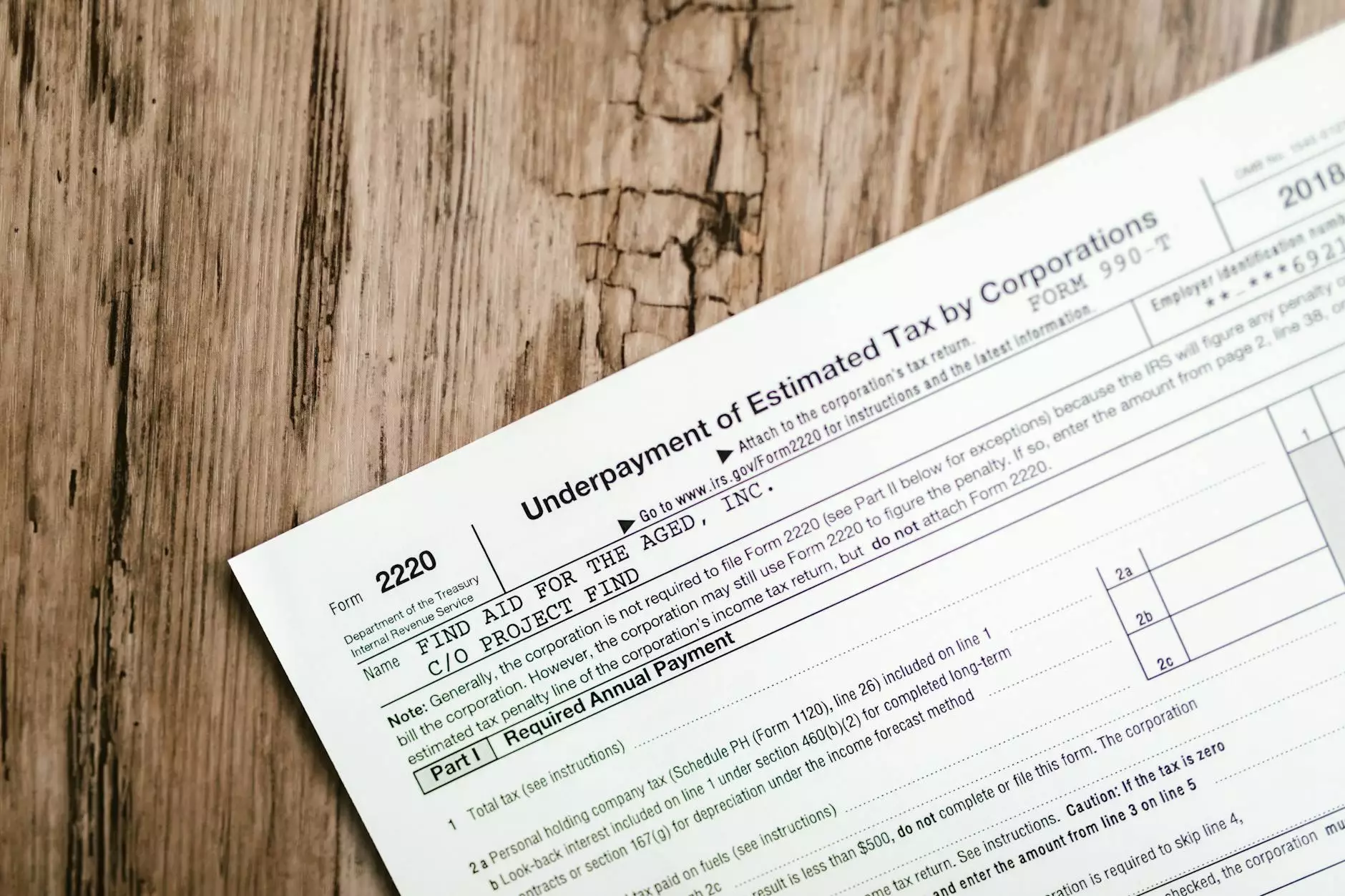Understanding Data Compliance Software: The Essential Guide

In today's data-driven world, organizations must prioritize the security and compliance of their data. With an ever-increasing number of regulations governing data protection, businesses face significant challenges in maintaining compliant practices. This is where data compliance software comes into play, providing crucial assistance to organizations across various sectors, including IT Services & Computer Repair and Data Recovery.
The Importance of Data Compliance
Data compliance refers to the adherence to various laws and regulations that govern the handling of sensitive information. Key regulations include:
- General Data Protection Regulation (GDPR) - A European Union regulation that mandates strict data protection and privacy for all individuals within the EU.
- Health Insurance Portability and Accountability Act (HIPAA) - U.S. legislation that establishes standards for protecting sensitive patient information.
- The California Consumer Privacy Act (CCPA) - A state statute intended to enhance privacy rights and consumer protection for residents of California.
Failure to comply with these regulations can result in severe penalties, including hefty fines, legal actions, and damage to an organization’s reputation. Therefore, investing in data compliance software is not just advantageous but essential for businesses aiming to protect themselves from potential risks.
What is Data Compliance Software?
Data compliance software is designed to help organizations manage and safeguard their data in accordance with applicable laws and regulations. It provides tools and functionalities such as:
- Data Mapping and Classification: Identifying and categorizing data to understand where sensitive information resides within the organization.
- Audit Trails: Maintaining detailed logs of data access and modifications for accountability.
- Risk Assessments: Evaluating potential vulnerabilities in data management procedures to mitigate risks proactively.
- Reporting and Documentation: Generating reports that demonstrate compliance to regulatory bodies, ensuring accountability and transparency.
By automating these processes, data compliance software significantly reduces the burden on staff while enhancing the overall effectiveness of compliance efforts.
Key Features of Effective Data Compliance Software
With numerous options available on the market, it’s crucial to choose data compliance software that meets your organization’s specific needs. Here are some essential features to look for:
1. Automated Compliance Monitoring
Software that offers automated compliance monitoring can track changes in regulations and adjust compliance protocols in real-time. This feature ensures your organization is always up-to-date with the latest legal requirements.
2. User-Friendly Interface
An intuitive user interface is critical for ensuring that all employees, regardless of their technical expertise, can efficiently use the software. A user-friendly design reduces training time and improves productivity.
3. Integration Capabilities
The ability to integrate with existing systems (such as CRM and ERP platforms) is vital. This ensures data compliance software can seamlessly fit into your technological ecosystem, enhancing data integrity and security across all platforms.
4. Customizable Workflows
Every business is unique, and the ability to customize workflows within the software allows organizations to tailor compliance processes to their specific operational practices.
5. Comprehensive Reporting Tools
Robust reporting tools help organizations generate reports quickly and accurately. These reports can be crucial during audits and assessments, showcasing compliance efforts effectively.
Benefits of Implementing Data Compliance Software
Implementing data compliance software can yield numerous benefits for organizations:
- Enhanced Data Security: Protect sensitive information from breaches and unauthorized access, safeguarding your organization’s reputation.
- Reduced Compliance Costs: Save on costs associated with legal actions, fines, and loss of customers due to non-compliance.
- Improved Operational Efficiency: Streamline compliance processes by automating routine tasks, allowing staff to focus on higher-value activities.
- Better Risk Management: Proactive identification of data vulnerabilities helps in mitigating risks before they escalate into significant issues.
- Increased Customer Trust: Demonstrating a commitment to compliance fosters trust among clients and partners, making your business more appealing.
Choosing the Right Data Compliance Software for Your Business
When selecting data compliance software, businesses should undertake a comprehensive evaluation process. Here are steps that can guide organizations:
1. Define Your Compliance Needs
Understanding the specific regulations your organization must comply with is critical. Tailor your software requirements based on these needs.
2. Evaluate Software Providers
Research various providers, looking for one with a solid reputation and positive customer reviews. Consider engaging in conversations with potential vendors to assess their understanding of your industry specifics.
3. Request Demos and Trials
Before making a final decision, request demos and trials of the software to test its functionality, ease of use, and compatibility with existing systems.
4. Consider Support and Training
Choose a vendor that offers comprehensive support and training, ensuring that your team can efficiently utilize the software and resolve any issues that arise.
Case Study: Successful Implementation
To illustrate the effectiveness of data compliance software, let’s look at a hypothetical case study involving a medium-sized IT Services & Computer Repair company, TechGuard Solutions.
Background
TechGuard Solutions faced challenges with managing compliance related to data protection regulations. They were concerned about the risk of data breaches and the potential for severe penalties from non-compliance.
Implementation of Data Compliance Software
After evaluating several options, TechGuard Solutions implemented a comprehensive data compliance software solution. The software provided them with the necessary tools for data mapping, audit logging, and risk assessments.
Results
Within a year, TechGuard Solutions experienced:
- A 50% reduction in compliance-related costs.
- Zero data breaches reported, significantly enhancing their reputation in the market.
- Increased efficiency in compliance reporting, saving numerous hours previously spent on manual processes.
Future Trends in Data Compliance Software
The landscape of data compliance is continually evolving, and so is the software designed to assist organizations. Here are some future trends to watch:
1. AI-Powered Compliance
Artificial intelligence is expected to facilitate advanced data analytics, automating complex compliance tasks and offering predictive insights into potential risks.
2. Increased Regulation Complexity
As data privacy laws continue to expand globally, data compliance software will need to adapt to new requirements and ensure businesses can keep pace with regulatory changes.
3. Focus on User Privacy
With heightened awareness of consumer rights, future software solutions will likely emphasize user privacy, offering features that empower individuals to control their personal data.
Conclusion
Investing in data compliance software is no longer optional for businesses committed to protecting sensitive information and ensuring regulatory adherence. By understanding the challenges, key features, and benefits associated with this software, organizations can make informed decisions that ultimately contribute to their success and sustainability in a complex regulatory landscape.
To ensure your organization stays compliant, compliant, consider evaluating software options in the market today. Companies like Data Sentinel provide tailored IT solutions that include data compliance tools, assisting businesses in the IT Services & Computer Repair and Data Recovery sectors. By leveraging these technologies, your enterprise can not only navigate compliance complexities but thrive in a data-centric world.





